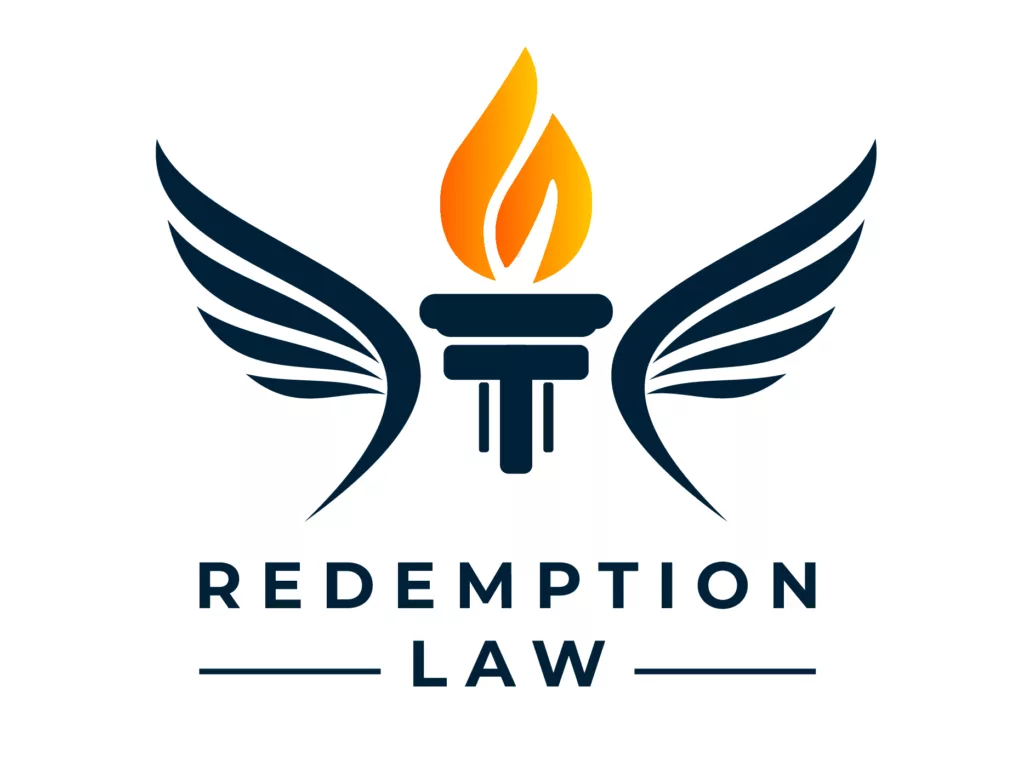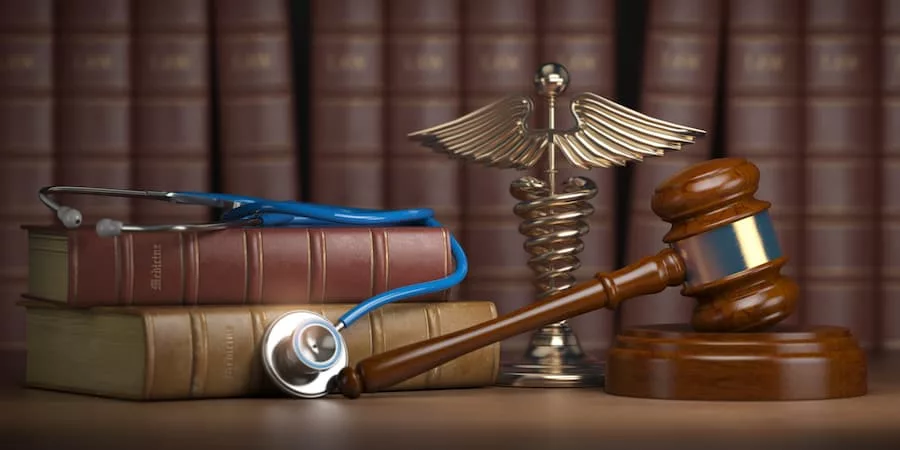After you’ve suffered injuries in an accident caused by someone else’s negligence, you may pursue a legal claim to recover compensation for your losses. You may hire a personal injury lawyer to help you with your case. But when should you contact an Miami personal injury attorney?
Contact a personal injury lawyer as soon as possible after an accident. Not only do you have deadlines for filing your injury claims, but the sooner your personal injury lawyer can start investigating and preparing your case, the more options you may have to pursue financial recovery.
Common Types of Personal Injury Claims
Some of the most common kinds of personal injury claims that a lawyer can help you recover compensation in include:
- Car accidents
- Truck accidents
- Motorcycle accidents
- Rideshare accidents
- Bicycle and scooter accidents
- Pedestrian accidents
- Boat accidents
- Aviation accidents
- Train accidents
- Slip and fall accidents
- Premises liability accidents
- Wrongful death
Factors to Consider When Deciding Whether to Hire a Personal Injury Lawyer After an Accident
When deciding whether to hire a personal injury lawyer to help you pursue a compensation claim after an accident, think abou:
- The severity of your injuries. Although you may decide not to pursue a legal claim if you’ve suffered minor injuries, you may need assistance from an experienced personal injury lawyer if you’ve sustained severe injuries that require extensive medical treatment and rehabilitation or that leave you with permanent disabilities or disfigurement. A personal injury lawyer can help you recover total compensation for your past, ongoing, and future expenses and personal losses due to your injuries, such as pain and suffering or loss of quality of life.
- The complexity of your case. You may want to hire a personal injury lawyer if your case involves complex facts or evidence. An experienced lawyer will know how to investigate your claim and secure critical records or other evidence. A personal injury lawyer can also keep track of the evidence in your case and organize it into a compelling narrative to support your compensation claim.
- Whether you will file an insurance claim. Injury victims with legal representation often recover more compensation than those who try to take on the insurance company alone. Insurers have numerous tactics to get accident victims to accept less than the fair value for their insurance claims. A personal injury lawyer will know all the tricks that insurers use and can communicate with adjusters on your behalf to protect your interest. Having a personal injury lawyer who can deal with the insurance company for you also means you have the freedom to devote your time and energy to your medical treatment and rehabilitation so you can heal and get back to everyday life as quickly as possible.
- The statute of limitations on your claim. The statute of limitations imposes a deadline on filing a lawsuit in your personal injury case. You may have difficulty hiring a personal injury lawyer if the statute of limitations will soon expire on your claim. A lawyer will need time to investigate your claims and prepare a compelling legal case. They may decline to take your case if you’ve waited too long to seek legal counsel and haven’t left enough time to prepare your claims before the statute of limitations expires. The deadlines for filing your personal injury claims make it essential to speak with a personal injury lawyer as soon as possible after getting hurt in an accident.
- The cost of hiring a personal injury lawyer. You may want to consider how much it may cost to hire a personal injury lawyer. Most personal injury lawyers handle claims on a contingency fee basis, meaning a client does not need to pay any upfront money to hire the lawyer. The lawyer gets paid only if they recover compensation for their client through a settlement or court judgment. In a contingency fee arrangement, the lawyer will receive an agreed-upon percentage of the financial recovery they secure for their client. This percentage may vary based on the lawyer’s experience and reputation, the geographic area, and how far the case progresses. contingency fee percentages may increase if the case gets filed as a lawsuit in court or goes to trial.
How to Find a Personal Injury Lawyer
When you’ve decided to hire a personal injury lawyer to help you file a claim after an accident, you should evaluate multiple attorneys and firms before choosing one. But where should you look to find prospective personal injury lawyers?
You may have several avenues for obtaining referrals, including:
- Acquaintances. You might ask family members, friends, neighbors, and co-workers for references to personal injury attorneys they’ve worked with. You may prefer contacting a prospective attorney with a positive review from someone you know and trust.
- Prior legal counsel. If you’ve worked with another attorney on a previous legal matter not involving personal injury, you might contact your former attorney for a reference to a personal injury lawyer they know and whose work they respect.
- Lawyer directories. State and local bar associations maintain public directories of member attorneys, often categorized by specific fields of law such as personal injury. You might also search online directories of lawyers such as Avvo.
- Internet searches. You might find prospective personal injury lawyers through an internet search using a search query along the lines of “[Name of your city/county] personal injury lawyer.” Search engines will take you to the websites of personal injury lawyers and law firms in your area.
Meeting With a Personal Injury Lawyer at an Initial Consultation
Most personal injury lawyers offer prospective clients a free initial consultation. A client has no obligation to hire an attorney at the end of the consultation. Free consultations allow accident victims to speak with several personal injury lawyers to find the right attorney for their cases.
At an initial consultation, the prospective client can tell their story to the lawyer, and the lawyer can ask questions to get more information. Learning about the client’s case will allow the lawyer to advise the client whether they may have a viable legal claim and whether the lawyer can help with the case. The lawyer can also discuss the next steps that the client can take to pursue their claims.
Questions to Ask a Personal Injury Lawyer at Your Consultation
While the initial consultation allows a personal injury lawyer to learn about a prospective client and their case, the client can also learn more about the attorney at an initial meeting.
A personal injury lawyer should give a prospective client time to ask questions that the client may have for the lawyer. Before you attend an initial consultation with a personal injury lawyer, you should prepare a list of questions to gather the information you need to help you choose a lawyer for your case.
Common questions that clients ask during initial consultations with personal injury lawyers include:
- How long have you practiced law?
- How long have you practiced personal injury law?
- Do you practice any other kinds of law? What percentage of your caseload consists of personal injury cases?
- Do you specialize in personal injury law?
- Do you have any certifications or any awards/recognitions?
- Have you handled any cases like mine? How did you resolve those cases? Did they go to trial?
- How often do you recover compensation in personal injury cases?
- How often do you take personal injury claims to trial? How often do you win?
- How many cases do you handle at one time?
- How much time can you devote to my case?
- What are my chances of recovering compensation in my case? What kind of compensation can I recover?
- Do you foresee any difficulties or obstacles in my case?
- How long should my case take?
- Will my case go to trial? If I don’t accept a settlement, will you take my case to trial?
- Will you or another attorney at the firm handle my case? Will you refer my case to another law practice?
- Can I contact you directly, or must I speak with a secretary or paralegal?
- Can I contact you by phone, text, or email? How quickly do you respond?
- How often should I expect status updates?
- What work will you expect me to do in this case? Will you expect me to request medical records or police accident reports? What level of involvement will I have in case preparation?
- What documents or records do you need from me?
- How do your legal fees work? Do your prices change if we go to court or trial?
- Will I have to pay for case expenses, or will you front those costs? Do I have to reimburse you for the case expenses you cover?
- What happens if I don’t recover compensation in my case? Will I have any responsibility for case costs?
- Can I speak to your past clients? Do you have testimonials from past clients?
Benefits of Hiring a Personal Injury Lawyer for Your Case
A personal injury lawyer can provide critical benefits throughout your case.
An experienced attorney can help you because they:
- Know the law and legal process. Working with a personal injury lawyer means taking advantage of their legal knowledge to understand better your rights and options for pursuing compensation. If you need to take your case to court and trial, your lawyer can ensure you comply with the rules and procedures that govern trial litigation.
- Can timely file your claims. A personal injury lawyer can review the facts and circumstances of your case to determine which deadlines apply to your claims. Your lawyer will ensure your insurance and legal claims get filed on time.
- Can maximize your compensation. When accident victims pursue compensation claims alone, they may focus on recovering money for their outstanding bills and financial losses while forgetting about future expenses they may have. An experienced personal injury lawyer will ensure that your economic recovery includes compensation for your past and ongoing costs, plus resources for your future anticipated needs.
- Can give you peace of mind. Hiring a personal injury lawyer can provide peace of mind knowing that you have an experienced advocate taking care of all the details of your legal case.
What Does a Personal Injury Lawyer Do?
A personal injury lawyer can handle all the details of preparing your legal claims and pursuing compensation for you, including:
- Thoroughly investigating the facts of your case to recover evidence, including taking photos of the accident scene, interviewing witnesses, requesting accident/incident reports, or obtaining surveillance footage
- Identifying all potentially liable parties and sources of compensation, including insurance coverage
- Explaining your legal options to you and preparing you for each stage of the personal injury claims process
- Documenting your injuries and calculating your ongoing and future losses to help you pursue fair compensation in your case
- Working with expert witnesses when necessary to bolster the strength of your case with persuasive reports and opinion testimony
- Drafting and filing your legal claims to begin vigorously negotiating with the at-fault parties or insurance companies to reach a fair settlement
- Filing a lawsuit on your behalf and advocating in court and at trial when necessary to fight for a favorable outcome to your case
Don’t Delay Speaking With a Personal Injury Lawyer About Your Legal Options and How an Attorney Can Help You

You should contact a personal injury lawyer promptly after suffering injuries in an accident caused by the fault of others. A free initial consultation offered by a personal injury lawyer can provide you with the information you need to understand your legal options and allow you to ask questions to help you decide whether to hire an attorney.
Hiring a personal injury lawyer as early as possible can give you the legal resources you need to pursue financial compensation and offer you benefits you wouldn’t have if you handled your case alone. Your personal injury lawyer can handle each stage of the claims process and advocate on your behalf in insurance claims or court litigation.
Related articles
Related articles Related articles Related articles Related articles Related articles Related articles Related articles Related articles Related articles Related articles
Personal Injury
02 Feb 2024
How Long After An Accident Can You Claim Injury?






